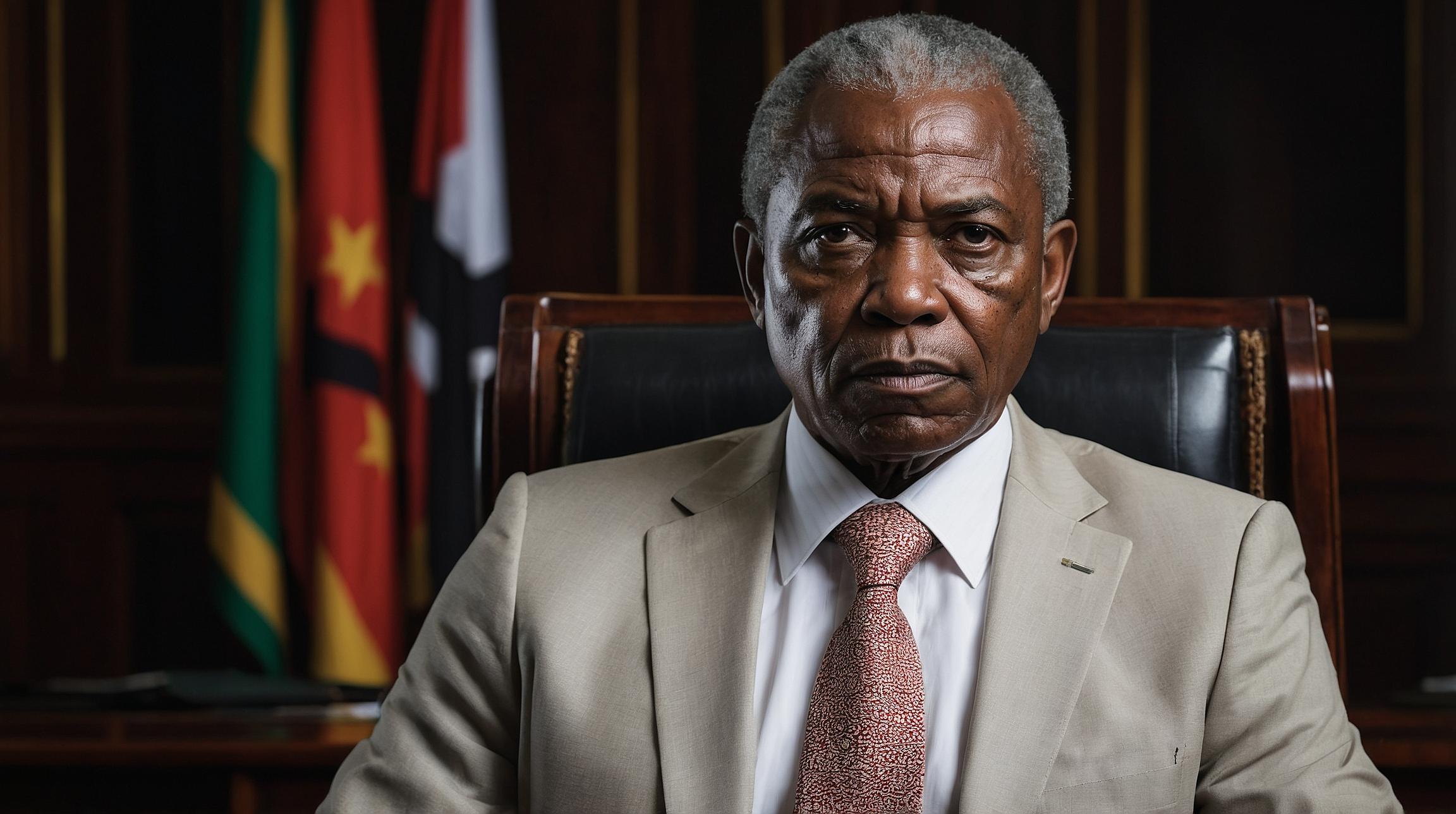Understanding Mozambique's Leadership Change in Finance
In recent political developments, Mozambique's President made a significant decision by replacing the country's finance head with the Prime Minister. This strategic move has raised questions and discussions in both political and economic circles. Let’s dive into the possible reasons why this change was deemed necessary and what it means for the country's financial future.
Political Stability and Economic Reforms
One of the key drivers behind this leadership change could be the pursuit of political stability and the need for continued economic reforms. Political stability is crucial for Mozambique as it seeks to attract foreign investment and maintain economic growth. By appointing the Prime Minister, who likely has a strong rapport with the president and a good understanding of the administration’s economic aspirations, Mozambique aims to align its fiscal policies more closely with its broader political objectives.
Improving Fiscal Policies and Financial Management
Another reason for this shift might be to improve the country's fiscal policies and financial management. The Prime Minister's involvement can bring a fresh perspective to the finance ministry, potentially introducing innovative strategies to manage Mozambique’s fiscal challenges, such as budget deficits and debt management. This change might also reflect an urgent need to address any existing inefficiencies in financial governance.
Enhancing International Relations and Investment
Mozambique is keen on strengthening its ties with international financial institutions and investors. Having a high-profile figure like the Prime Minister at the helm of the finance ministry can potentially enhance the nation’s international relations and make Mozambique more appealing to foreign investors. This move can be perceived as a commitment to transparent and responsible economic governance.
Navigating Economic Challenges
The country faces several economic challenges, including inflation, unemployment, and the impacts of global economic trends. The change in leadership could signal a more aggressive and dynamic approach to tackling these issues. The Prime Minister might be equipped with the experience and skills required to navigate these complex economic landscapes, implementing policies that could stabilize and grow the economy.
Conclusion
In summary, the decision to replace the finance head with the Prime Minister appears to be a strategic move aimed at reinforcing Mozambique's economic strategy and addressing both domestic and international financial issues. As Mozambique continues to face economic hurdles, this leadership change could be a pivotal step towards achieving a more stable and prosperous economic future.













